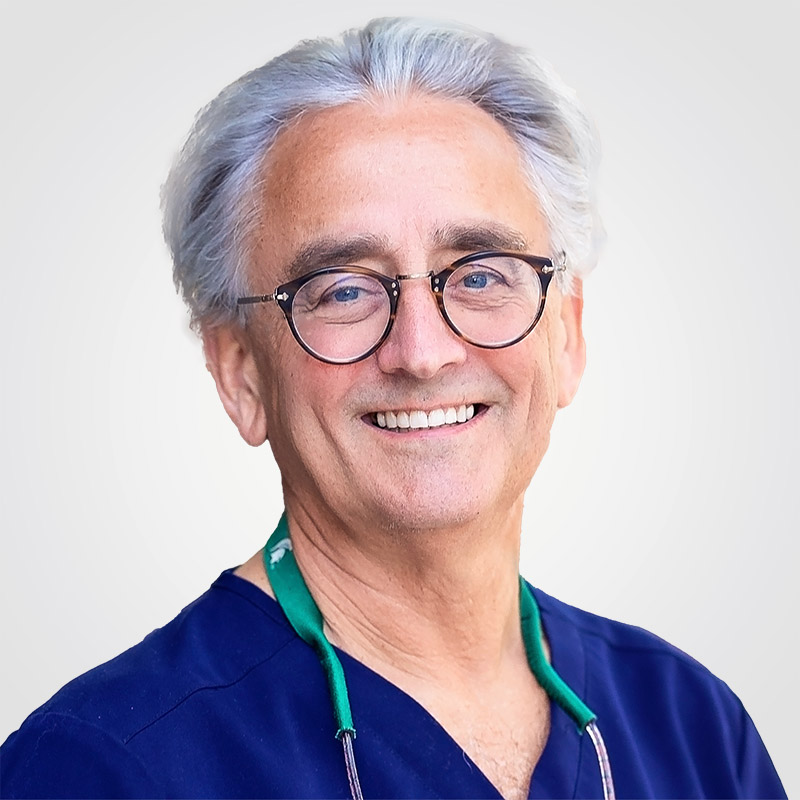Your home for complete oral and airway health


Good oral health is more than just cavity-free, straight teeth. At Dentistry For Children, we believe it considers the relationship between healthy teeth, well-balanced faces, and healthy bodies. We provide services that range from pediatric dental care to diagnosing and treating the abnormal alignment of teeth and jaws to achieve a beautiful, healthy smile that last a lifetime.
We go beyond treating the teeth to ensure your child’s long-term health. Dr. Boyd is a pioneer in airway-focused orthodontics, which emphasizes the importance of proper breathing and airway function, in addition to the traditional goals of straightening teeth and aligning the jaw to prevent more invasive treatments in the future.
We are dedicated to your child’s health from infancy through adolescence. We provide routine preventive care, identify and treat oral conditions, and help kids develop healthy habits from their very first visit.
Treatment can extend beyond the dentist chair, and we believe in collaboration. We work with teams of professionals to offer specialized treatments that help develop good oral health in childhood and beyond.
From routine check-ups to addressing airway health concerns, we’re here to improve your child’s well-being. Our goal is to be a dental home for your children, setting them up for wellness at the earliest possible age. Our staff will help limit the stress and anxiety of routine dental visits while providing comfortable care you can trust.
Unlike typical pediatric dental practices, we value your child’s oral health as an important part of their overall well-being. With our expertise and teamwork, we address dental, nutritional, and airway concerns to help your child enjoy a healthier life.
Our goal is to be your child’s dental home throughout childhood and adolescence. We provide routine preventive care, identify and treat oral conditions, and help kids develop good oral hygiene habits that will last a lifetime.
We recommend your child’s first appointment between six months and three years old. During this period we will observe and evaluate your child’s jaw, dental arch, and face development. In most cases, we will start treating any issues between 4-10 years old.
Children with unique physical, mental, and emotional challenges (such as Down Syndrome, Autism, Sensory Integration disorders, craniofacial/cleft lip/palate, children with high anxiety/limited mobility) should have full access to all dental health services, including orthodontics, when necessary. Our doctors and staff have the knowledge and experience to provide comfortable care suited to their unique needs, limiting the stress of dental visits while providing care that leads to a better quality of life.


Prior to receiving his specialty license in pediatric dentistry from the University of Iowa, he earned an MSc degree from Michigan State University in Human Nutrition and Dietetics. His graduate research interests centered around the impact of commercially-processed foods on dental health and body weight. His Nutrition background has served as a great foundation for the specialty practice of Pediatric Dentistry given that many oral health problems are often associated with unhealthy eating; dental caries (cavities) and early periodontal (gum) inflammation (gingivitis) are two of the most common problems associated with unhealthy snacking behaviors.
Dr. Boyd has extensive training and clinical experience in performing risk assessment, diagnosing, and treating very young children who present with non-self-correcting malocclusions with possibly-associated sleep and breathing difficulties.
He lectures worldwide on the topics of Early Childhood Malocclusion (under 72 months), pediatric sleep breathing hygiene, and the newly emerging healthcare discipline of Evolutionary Oral Medicine, also often called Darwinian Dentistry.
He is married and has two adult daughters. When not working, he enjoys tennis, skiing and sailing.